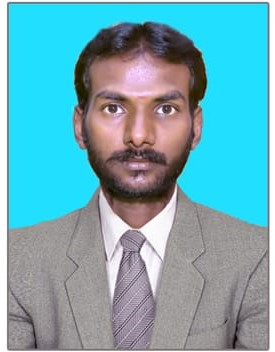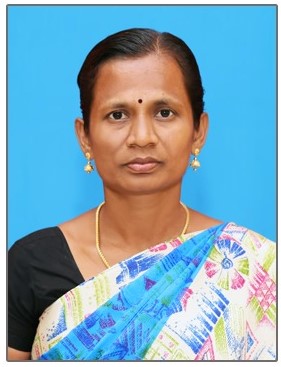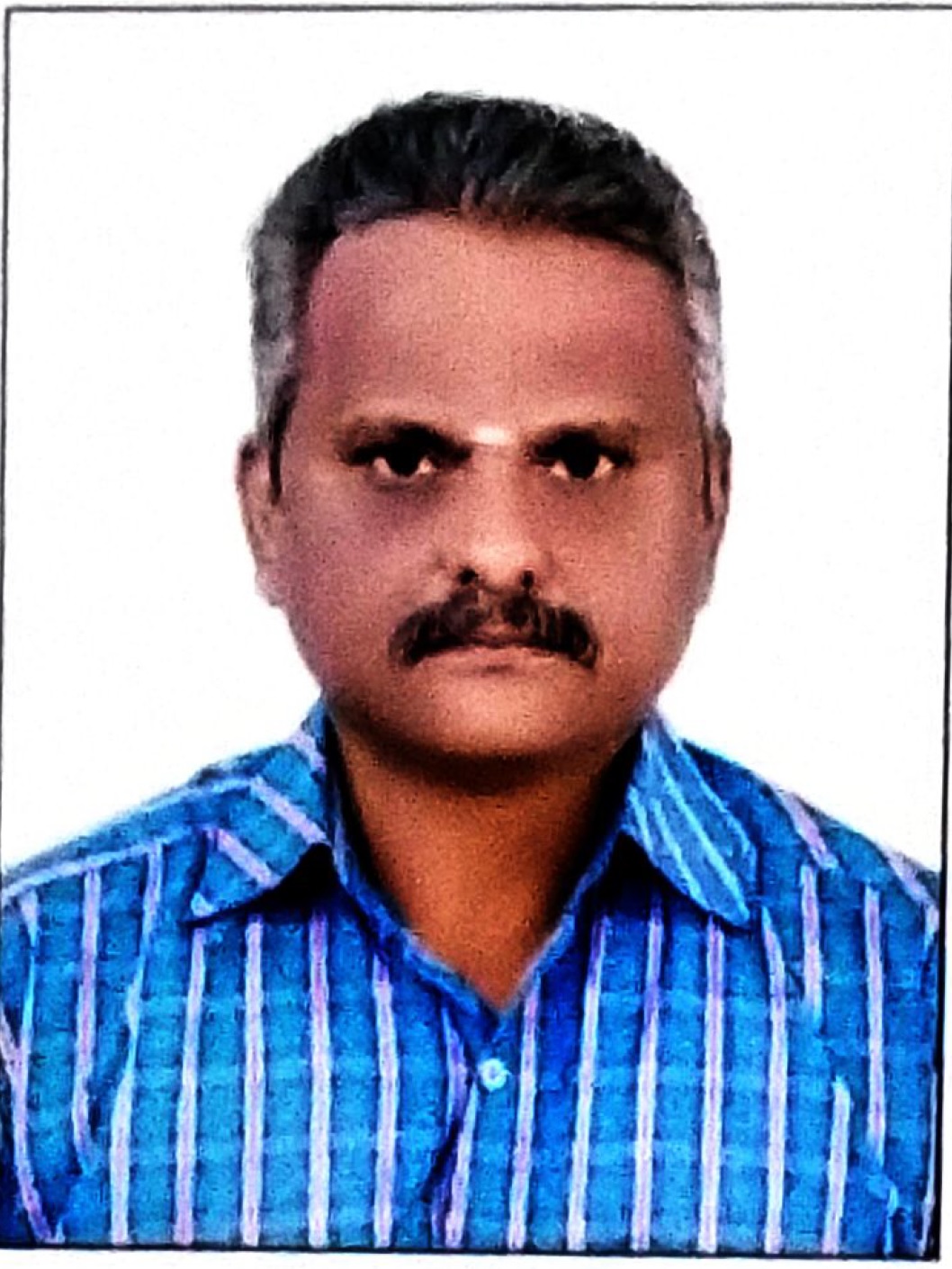- About Department
- Faculties
- Laboratary
- Activities
- Syllabus
About Department
The department of civil engineering at Theni Kammavar Sangam Polytechnic College is focused on the study of the applied sciences that apply to civil engineering. The focus of our department will be to provide students with a rigorous, yet practical education in the fundamentals of civil engineering.
Our focus will be on:
- The principles and applications of civil engineering
- The design and construction of structures such as dams, bridges, tunnels and roads
- The use of computers for analysis and design purposes
Faculties
Laboratory
- HYDRAULICS LAB
- MATERIAL TESTING LAB
- SURVEY LAB
- COMPUTER LAB
These labs are used by students to conduct experiments and complete coursework related to their studies in civil engineering. In a civil engineering lab at a college or university, students may have the opportunity to work with a variety of equipment and tools that are used in the field, such as surveying equipment, concrete mixers, and structural analysis software. They may also have access to materials and supplies that are commonly used in civil engineering projects, such as different types of cement, steel, and timber. In addition to providing hands-on experience with the tools and materials used in the field, a civil engineering lab in a college or university may also be used for research projects and other advanced studies. These projects may involve working with faculty members or other researchers to investigate new technologies or methods for improving the design and construction of infrastructure projects. Overall, civil engineering labs in colleges and universities play an important role in preparing students for careers in the field by providing them with the skills and knowledge they need to succeed as professionals.
Activities
A diploma program in civil engineering typically includes a mix of classroom instruction and hands-on learning activities. Some examples of activities that students in a diploma in civil engineering program might participate in include:
- Lectures: Students may attend lectures on a variety of topics related to civil engineering, such as structural analysis, construction materials, and surveying.
- Labs: Students may have the opportunity to work in a civil engineering laboratory, where they can gain hands-on experience with the tools and equipment used in the field. This may include experiments, simulations, and other activities designed to help students understand the principles of civil engineering.
- Field trips: Students may participate in field trips to visit construction sites or other real-world examples of civil engineering projects. This can provide students with an opportunity to see how their knowledge is applied in practice.
- Group projects: Students may work on group projects in which they collaborate to design and build small-scale models or prototypes of civil engineering projects.
- Internships: Many diploma programs in civil engineering offer opportunities for students to complete internships or co-op placements with companies or organizations in the field. This can provide valuable real-world experience and help students build their professional network.
Overall, the activities in a diploma in civil engineering program are designed to provide students with a well-rounded education that prepares them for careers in the field.





